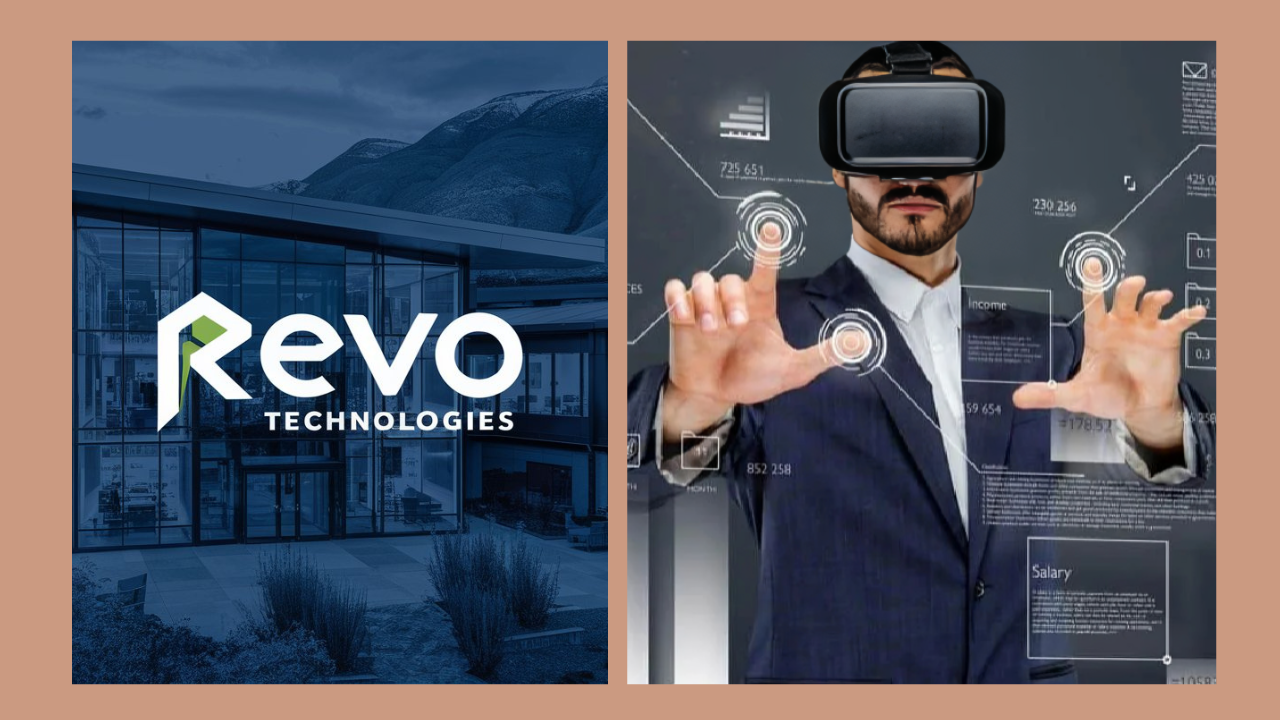Historical and Technical Aspects of Lie Detector Tests
For decades, lie detector tests, formally known as polygraph examinations, have been a widely discussed tool in law enforcement, criminal investigations, and various private sectors. These tests are designed to measure physiological responses such as heart rate, blood pressure, respiration, and skin conductivity to determine whether an individual is truthful or deceptive during questioning. Despite the controversies surrounding their reliability and ethical implications, lie detector tests play a significant role in investigative procedures worldwide. Georgia (GA) Polygraph Services is among the key institutions offering polygraph testing and examiner training, helping to uphold standards in this field. This article will explore the historical development of lie detector tests, their technical workings, and the role of GA Polygraph Services in advancing polygraph technology and expertise.
The Origins of Lie Detector Tests
The concept of detecting deception through physiological signals is not new. Historical records show that various ancient cultures attempted to gauge truthfulness by observing physical signs. For example, in ancient India, suspects were made to chew rice grains, believing that a liar’s mouth would dry up due to anxiety, thus leaving the grains unswallowed. Similarly, in China, rice powder was used to assess deception based on the dryness of the suspect’s mouth. While these methods were rudimentary, they represented early human attempts to correlate physical symptoms with emotional or psychological states like nervousness or guilt.
The modern polygraph test traces its origins back to the early 20th century. In 1921, John Augustus Larson, a medical student and police officer from the University of California, Berkeley, developed the first polygraph device capable of recording multiple physiological responses simultaneously. Larson’s machine was a significant advancement compared to earlier efforts, as it integrated measuring blood pressure, pulse, and respiration. His invention allowed investigators to observe patterns that could indicate deception, thus formalizing the concept of lie detection into a scientific process. Over the years, this original device was refined and improved, eventually leading to the modern polygraph as we know it today.
Evolution and Advancements in Polygraph Technology
Since its inception, polygraph technology has undergone significant technological improvements. The original polygraph machines were analog devices that produced data on paper charts, analyzing results largely reliant on the examiner’s skill in interpreting physiological variations. As technology progressed, polygraph machines became more sophisticated. Digital polygraphs were introduced, allowing for more accurate, efficient, and easier-to-read data. Digital systems also enabled the integration of advanced software programs that could assist examiners in analyzing the data and making more precise determinations regarding the subject’s truthfulness.
In addition to technological improvements, there have been advancements in polygraph methodologies. The most common and widely accepted form of polygraph testing is the Control Question Test (CQT), which compares physiological responses to control questions (irrelevant or neutral) and relevant questions related to the investigation. Another method, the Concealed Information Test (CIT), measures the subject’s physiological response to questions about information only the guilty party would know. These methodologies continue to evolve, with ongoing research exploring improving their accuracy and effectiveness.
Today, polygraph testing is used in various contexts, including criminal investigations, pre-employment screenings, and security clearance evaluations. Despite ongoing debates about the admissibility of polygraph results in court, the technology remains a powerful tool for investigators looking to verify truthfulness and detect deception.
How Lie Detector Tests Work
Polygraph tests are grounded in the principle that physiological responses are involuntary and can reflect a person’s emotional state when lying. Several sensors are attached to the subject’s body during a polygraph test to monitor different physiological parameters. Typically, these include a blood pressure cuff, electrodes for measuring skin conductivity, and bands around the chest to track respiratory patterns.
The polygraph machine records physiological data in real time as the subject answers a series of control and relevant questions. Deceptive answers are believed to trigger stress-related responses, such as increased heart rate, elevated blood pressure, shallow breathing, and heightened skin conductivity (sweating). A skilled polygraph examiner analyzes these physiological changes, comparing the responses to control questions with those to the relevant questions to determine whether deception is present.
It’s important to note that polygraph results are not infallible. Various factors can influence the results, including the subject’s psychological state, underlying medical conditions, and the environment in which the test is conducted. This has led to ongoing discussions about polygraph tests’ reliability and susceptibility to manipulation or error. Despite these concerns, polygraph tests remain a valuable investigative tool when conducted by well-trained examiners using validated methodologies.
GA Polygraph Services: A Leader in Polygraph Training and Testing
GA Polygraph Services is a prominent polygraph testing and training provider in Georgia. The institution has earned a reputation for delivering high-quality, professional polygraph services to law enforcement agencies, private investigators, and corporations nationwide. Focusing on both polygraph testing and the training of future examiners, GA Polygraph Services plays a key role in maintaining the integrity and professionalism of polygraph usage.
GA Polygraph Services offers comprehensive polygraph examinations, including pre-employment screenings, criminal investigations, and relationship disputes. Their team of certified and experienced examiners adheres to the highest ethical standards, ensuring that every polygraph test is conducted with accuracy, fairness, and confidentiality.
In addition to providing testing services, GA Polygraph Services is renowned for its polygraph training programs. These programs are designed to train future polygraph examiners in the latest polygraph technologies, methodologies, and ethical practices. The training courses offered by GA Polygraph Services cover polygraph examinations’ theoretical and practical aspects, equipping students with the skills needed to conduct accurate and reliable polygraph tests. From introductory courses for beginners to advanced programs for experienced examiners, GA Polygraph Services offers a well-rounded curriculum that ensures students are fully prepared to enter the field of polygraph testing.
Ethical Considerations and Ongoing Debates
Polygraph tests, particularly in sensitive legal contexts, have long been the subject of ethical debate. While polygraphs can provide valuable insights in investigative contexts, they are not universally accepted as reliable. In many jurisdictions, polygraph results are inadmissible in court due to concerns over their accuracy and potential for abuse. Critics argue that skilled liars can manipulate polygraphs or that innocent individuals may exhibit physiological responses similar to those of deception due to nervousness or fear.
Despite these concerns, supporters of polygraph testing argue that when conducted by trained professionals using validated methods, polygraphs can be an effective tool for truth verification. Organizations like GA Polygraph Services emphasize the importance of rigorous examiner training and strict adherence to ethical guidelines to minimize errors and ensure the reliability of polygraph results.
Conclusion
The lie detector test, despite its controversies, continues to be a valuable tool in law enforcement, private investigation, and security. Understanding the historical development and the technical workings of polygraph testing is key to appreciating its role in modern investigations. Institutions like GA Polygraph Services play a vital role in ensuring the continued advancement of polygraph technology and the proper training of examiners. As polygraph technology evolves, research continues exploring ways to improve its accuracy.
Read More: xannytech.net/.














Post Comment